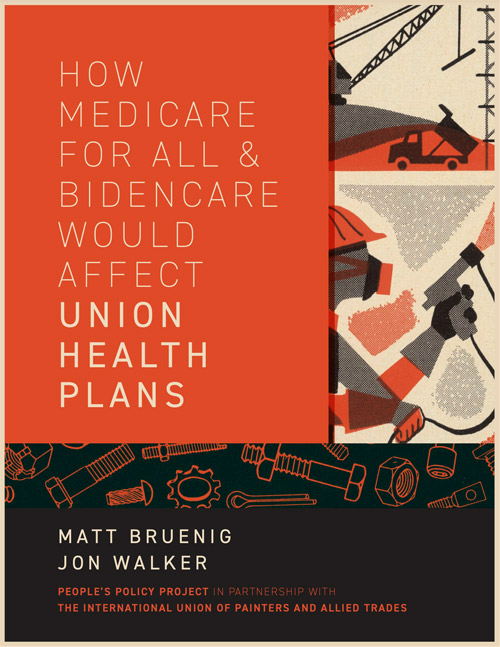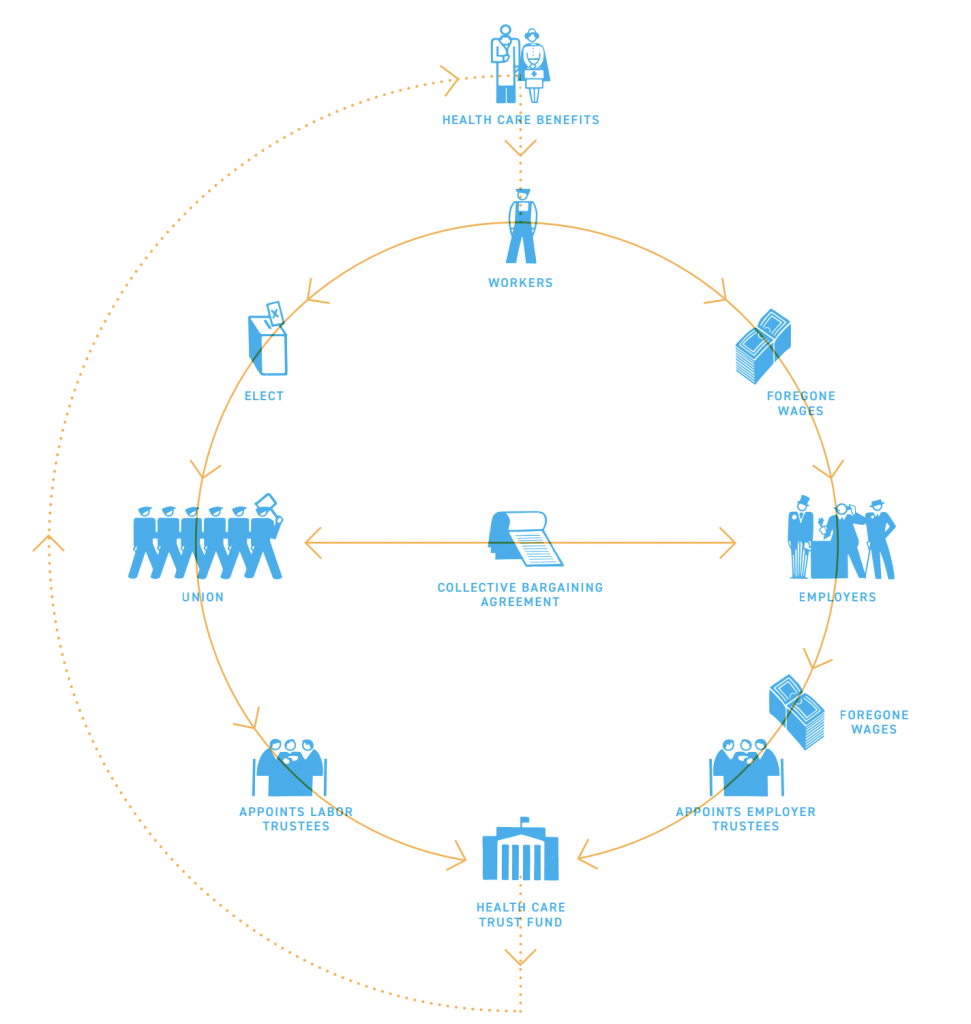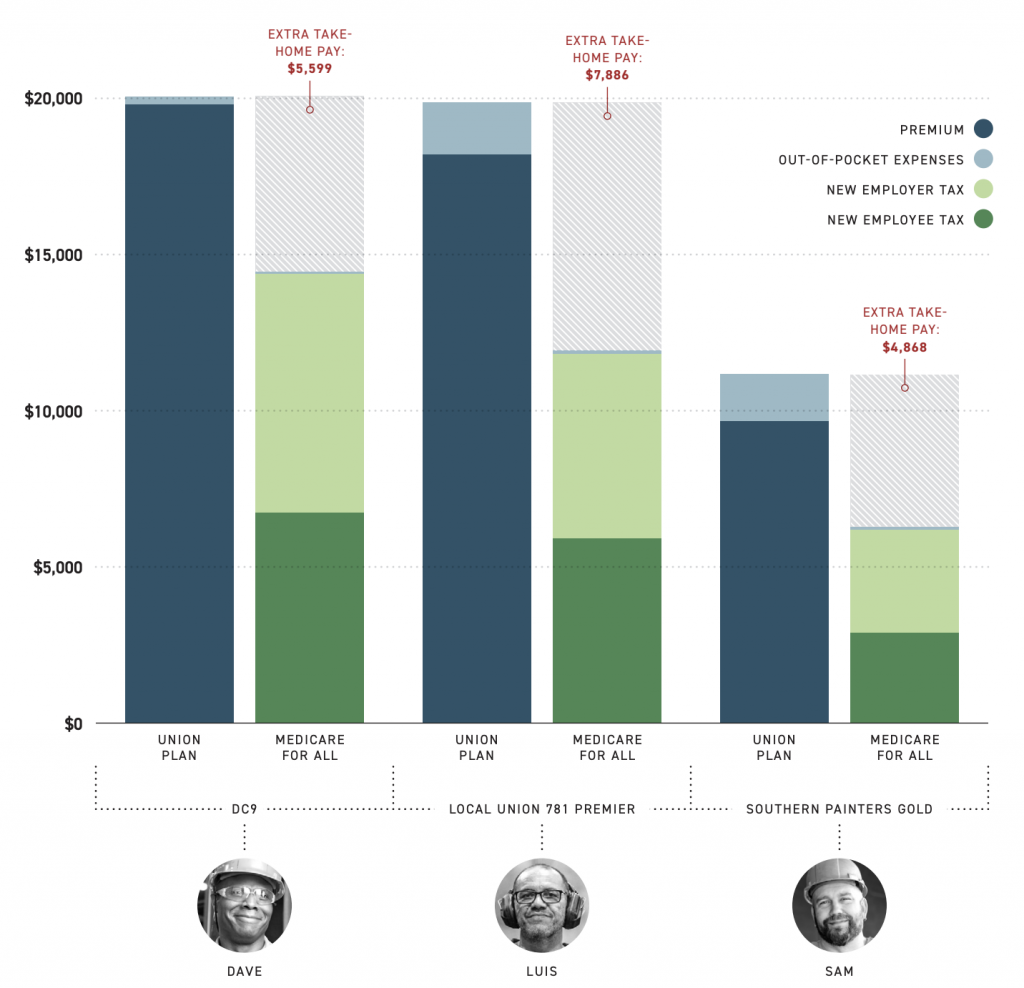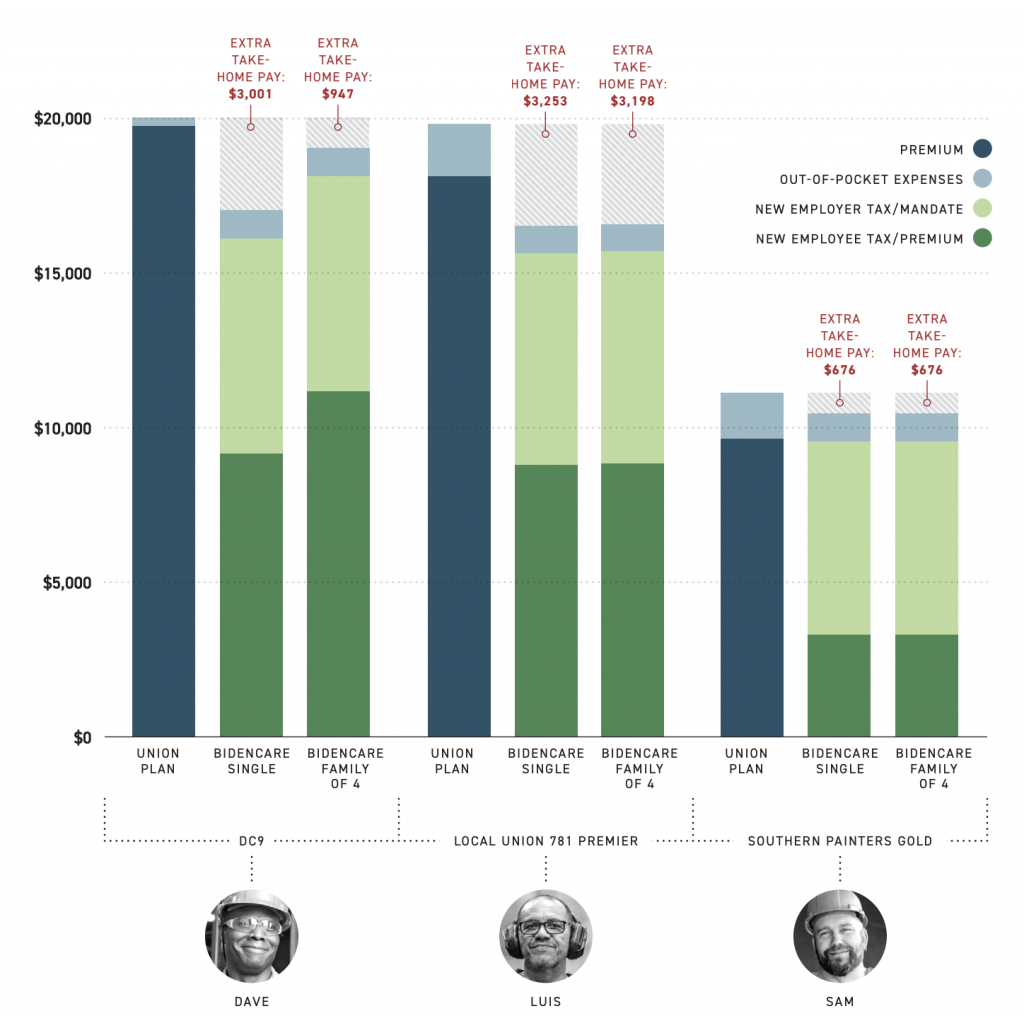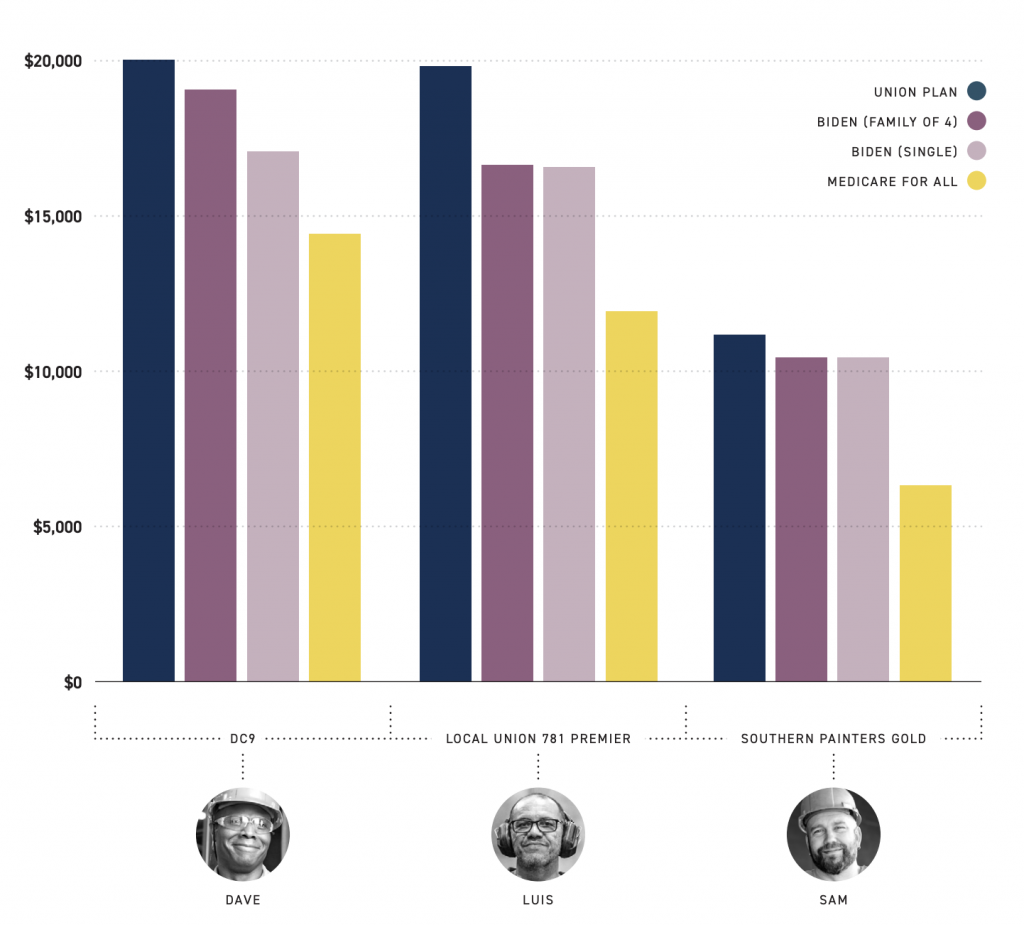That would mean 35 years of Socred power that ended with his father, Ernest, being replaced with a lame duck Premier, then 33 years of PC power starting with Peter Lougheed and ending with a lame duck Premier, and then the possibility of that strange beast the Reformed PC Socreds under Presto.....noooooooo.
Preston Manning, who was once the second-most-powerful leader in Canada as leader of the opposition, is apparently now considering his chances of becoming the second-most-powerful leader in Canada as premier of Alberta.
King Ralph is dead
The Alberta Tories' regicide of Ralph Klein was big news for 12 hours. Then Preston Manning trumped it, telling reporters he was considering running for Klein's job.
Daddy Ernest Manning gave up party power to Peter Lougheed, thus assuring a Liberal Conservative Socred Alliance that was Seventies PC's. That alliance was shattered as neo-cons took over under Klein, the fiscal right was far less powerful than the social conservatives. The social conservatives align behind Oberg, the Reform types around Morton, and the liberal wing under Dinning. Alberta Tories in disarray
Dining did the dirty deed of balancing the budget on the backs of the working class, with wage and benefit cuts to the public sector. Then with victory in his back pocket he left the government.
The neo-cons in the party then went on to shape the Ralph Revolution, using the the debt and deficit hysteria of the ninties to impose their Republican Lite vision on Alberta, while promoting it for the rest of Canada with Prestos Reform Party.
Government that governs least is best — or not
When Mr. Klein became premier, the province had a $3.4-billion deficit and a $23-billion debt. He argued these burdens arose, in part, from governments having involved themselves too much in the economy. There were bad investments. The government taxed too much. Government regulations were too onerous. The free market, he asserted, would be encouraged if the government got out of the way.
This contrasted with the approach of Peter Lougheed, who led the Conservatives to power in 1971. Mr. Lougheed was no socialist, but he did believe the government should try to direct, cajole and even force the market in directions he believed Alberta needed. Only that way, he reasoned, could Alberta's economy be diversified and energy revenues used not just for today's needs, but for the future.
Mr. Lougheed's dirigiste preferences evaporated under Mr. Klein, but now some Albertans want that kind of guiding hand back, at least in a modified form. In a free-enterprise province, the critics are now demanding a “plan” for using the revenues that would be more than driving up spending on ongoing programs.
Presto would be an interesting add to the mix but his chances of winning are less than none. Unless he has something up his sleeve, oh like say Medicare Reform. If anyone could enunciate and promote the Third Way in Medicare it would be Presto.
“Where I think we're headed is a system of universal care, where everybody is covered ... with two tracks for delivery, and two tracks for payment. It's not a question of private versus public, but what mix of the two is appropriate.”
Mr. Manning left what he likes to call "active partisan politics" in 2002 to become more involved in the public-policy debate. He quickly got on board with the Fraser Institute and the Canada West Foundation, and he set up the Manning Centre for Building Democracy.
He and Mike Harris authored the Fraser Institute Report on exactly the musings that King Ralph has been tossing about for the past decade. And perhaps that would be the reason for him to run, otherwise Third Way Medicare Reform is dead in the water.
Third Way predicted to meet Klein's fate
Dead-end way Tories mull future of health-care reform if Ralph exits scene
Ralph Klein
Social Credit
Western Canadian Populism
Find blog posts, photos, events and more off-site about:
Preston, Manning, Ralph, Kline, Mike, Harris, Medicare, Harelthcare, Alberta, PC, Conservatives, government, leadership, Canada, Reform, Party


